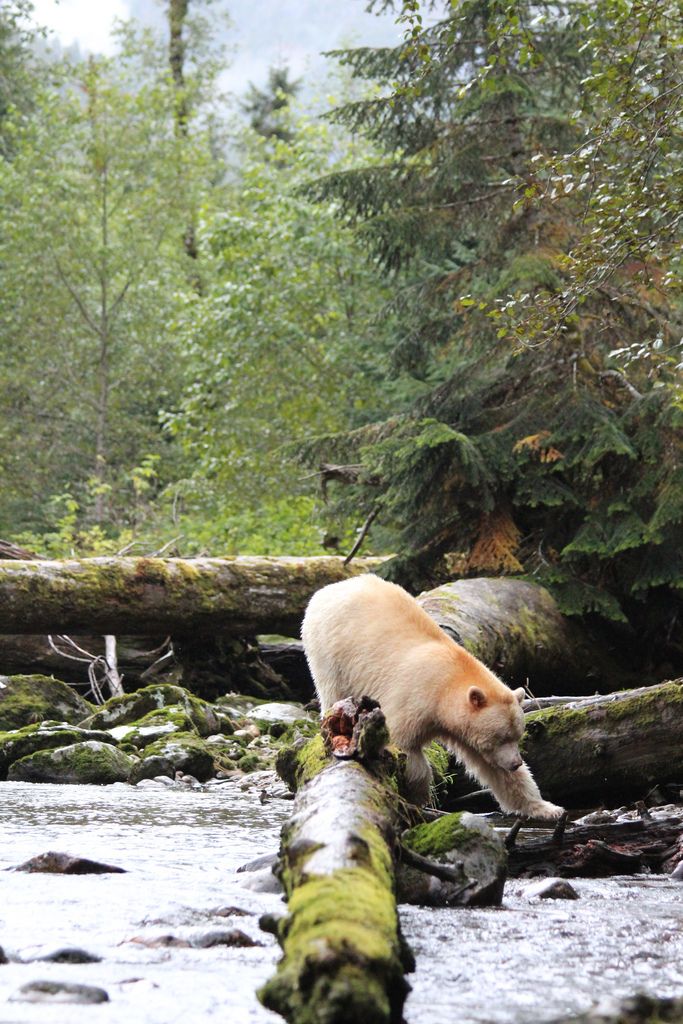“There is much value in focusing on being present (as we are often so un-present!). Ideally however, our meditation should include developing our skills in experiencing the past and the future as well”

Dear Integral Meditators,
This weeks article is a simple meditation practice to help you master your experience of time, I hope you enjoy it!
Two quick reminders: My beginners meditation workshop will be this Sunday, September 13th, 3pm start.
The Men’s Group – The path of conscious manhood begins this Monday 14th, there is currently one place available for this left.
In the spirit of time,
Toby
Meditating on time
Often meditation and mindfulness are placed in the category of simply being more present moment oriented. This is true to a degree, and for many of us there is much value in focusing on being present (as we are so un-present!). Ideally however, our meditation should include developing our skills in experiencing the past and the future as well. What I am going to explain here is a simple meditation that lasts for 15minutes that we can use to master the past and future as well as the present.
The practice
For the first five minutes, take as your focus the past. Notice the way in which your mind tends to think about and envision the past, notice the commentary that goes with it. After noticing for a short while, try and be gently pro-active about the past events that come up. Try to deliberately think and envision your past in the context of appreciation, curiosity and acceptance. Notice what approaches help you to experience your past in the best way possible.
For the next five minutes, take as your focus the future. Notice for a little while the instinctive way in which your mind thinks about and envisions future scenarios, be curious about this. Then try gently shaping the experience of the future that your mind is dwelling on. Invite optimism and images of best- case scenarios. You can acknowledge fears that you may have, whilst at the same time opening to excitement around possibilities.
For the final five minutes, come to the present moment. Let your attention dwell primarily upon your sensory experience; the weight or the body, the breathing, whatever is absolutely in this moment. Let go of the past and future and notice the sense of unity, relaxation and singularity that comes from being present. When you are ready end the meditation.
This simple meditation helps us to develop the skill of transitioning skilfully and easily between past, present and future modes of processing our reality, ensuring as far as possible that they are helping each other and helping us to remain balanced as we navigate our experience of all three.
Since we are always either focused on the past, present or future, you can see how this practice will have a positive influence on all areas of your life and experience!
Article content © Toby Ouvry & Integral Meditation Asia 2020. you are welcome to share, but please cite the source, thanks! Contact info@tobyouvry.com
And thanks to Catriona Bryce for the picture!
Starting Monday September 14th – The Men’s Group – The path of conscious manhood
How can you move from coping to thriving in your life as a man?
Much is asked of men in their traditional roles as fathers and sons, partners and husbands, students and teachers, employees and employers. The men’s group is a professionally moderated and confidential forum for men. A forum is a safe place for exploring, learning and sharing the successful perspectives, skills, and strategies needed to address and manage the unique issues, problems, and triumphs in our community.
This is a six-session live weekly program starting Monday, September 14th, 7-8.30pm.
Full details
 Sunday 13th September, 3.30-5pm – Get Your Meditation Practice Started Now (Live & Online) – The Shortest and Most Time Effective Meditation Workshop Ever
Sunday 13th September, 3.30-5pm – Get Your Meditation Practice Started Now (Live & Online) – The Shortest and Most Time Effective Meditation Workshop Ever
This is a truly practical and super short (90min) workshop that teaches you:
- What meditation is and how it works
- How to start your own effective daily meditation practice with just a five minute a day commitment
- Provides you not only with the workshop but also with support materials; MP3 meditation recordings (1×15 minute and 3x 5 minute), short articles and diagrams to help you keep meditating after the workshop.
 Saturday 19th June, 3.30-5.30pm – Mindfulness masterclass: The Power of Presence – Dealing mindfully with anger and conflict in your relationships
Saturday 19th June, 3.30-5.30pm – Mindfulness masterclass: The Power of Presence – Dealing mindfully with anger and conflict in your relationships
In this workshop you will learn:
- What anger and frustration are, how to identify and work with them when they arise
- Understanding the causes of negative anger and how to reduce them
- How to make intelligent choices around the anger that you experience, particularly in your relationships
- How to be calmer, so that you can not only manage your anger better, but also harness its power in a positive, non-destructive manner
- Learn how to use anger for wisdom, insight and empowered action
 Starts September 30th & October 3rd – High-Performance Mindfulness Bootcamp – Combining sustainable high-performance with personal wellbeing
Starts September 30th & October 3rd – High-Performance Mindfulness Bootcamp – Combining sustainable high-performance with personal wellbeing
EARLY BIRD OFFER: SIGN UP BEFORE SEPTEMBER 9th AND GET 15% OFF!
The course can be participated in live or online.
In a sentence: Learn how to create sustainable high performance in your work, and increase your personal wellbeing through mindfulness practice. Learn to:
- Thrive rather than survive under pressure
- Develop and sustain higher energy levels
- Improve your learning mindset as you face the challenges of work and life
Is this course for me?
Do any of these scenarios sound familiar?
- You head into work feeling stressed and sleep-deprived before your day has even begun.
- Your need to make sharp, insightful decisions but you have trouble focusing.
- You experience low energy and volatile emotions throughout the day.
- You often sacrifice personal time for more time at work, and yet you never feel like you have enough time to complete your never-ending to-do list.
- You don’t feel like the way you work is sustainable.
If you’re tired of feeling like you’re constantly forced to choose between work and your well-being, it’s time to restore balance to your life. Learn that the relationship between the two is not a zero-sum game; there exists an alternative that will boost your productivity without you relinquishing peace of mind or personal time….
Click here for full details!
 Life-fullness – The Integral Life-Coaching Program with Toby
Life-fullness – The Integral Life-Coaching Program with Toby
Are you looking a coach who can help you to:
- Meet the challenges, stress and changes that you face in a more effective and mindful way
- Become happier within yourself, in your relationships and at work
- Be actively accountable for finding a sense of balance/well-being in your life and fulfilling your personal potential?
- Guide you to find and operate from a deeper sense of meaning, motivation and connectivity in your life?
 Online Integral Meditation & Mindfulness classes
Online Integral Meditation & Mindfulness classes
Build focus, beat stress, cultivate wellbeing!
Each session involves simple practices that you can apply to make a real difference to your wellbeing and effectiveness in life…full details of classes
At a glance: All upcoming classes and workshops for at IMA:
Ongoing – Weekly Tuesday, Wednesday Online class schedule
Ongoing on Wednesday’s, 7.30-8.30pm – Wednesday Meditation for stress transformation and positive energy with Toby (Bukit Timah)
Ongoing on Tuesday evenings, 7.30-8.30pm – Tuesday Meditation for stress transformation and positive energy with Toby (East Coast)
Sunday 13th September, 3.30-5pm – Get Your Meditation Practice Started Now (Live & Online) – The Shortest and Most Time Effective Meditation Workshop Ever
Starting Monday September 14th – The Men’s Group – The path of conscious manhood
Saturday 19th June, 3.30-5.30pm – Mindfulness masterclass: The Power of Presence – Dealing mindfully with anger and conflict in your relationships
Tuesday 22nd & Wednesday 23rd September @ 7.30-8.30pm – Autumn equinox balancing & renewing meditation (Live & online)
Starts Sept 30th & October 3rd – High-Performance Mindfulness Bootcamp – Combining sustainable high-performance with personal wellbeing
Integral Meditation Asia
Online Courses * 1:1 Coaching * Books * Live Workshops * Corporate Mindfulness Training *Life-Coaching * Meditation Technology








